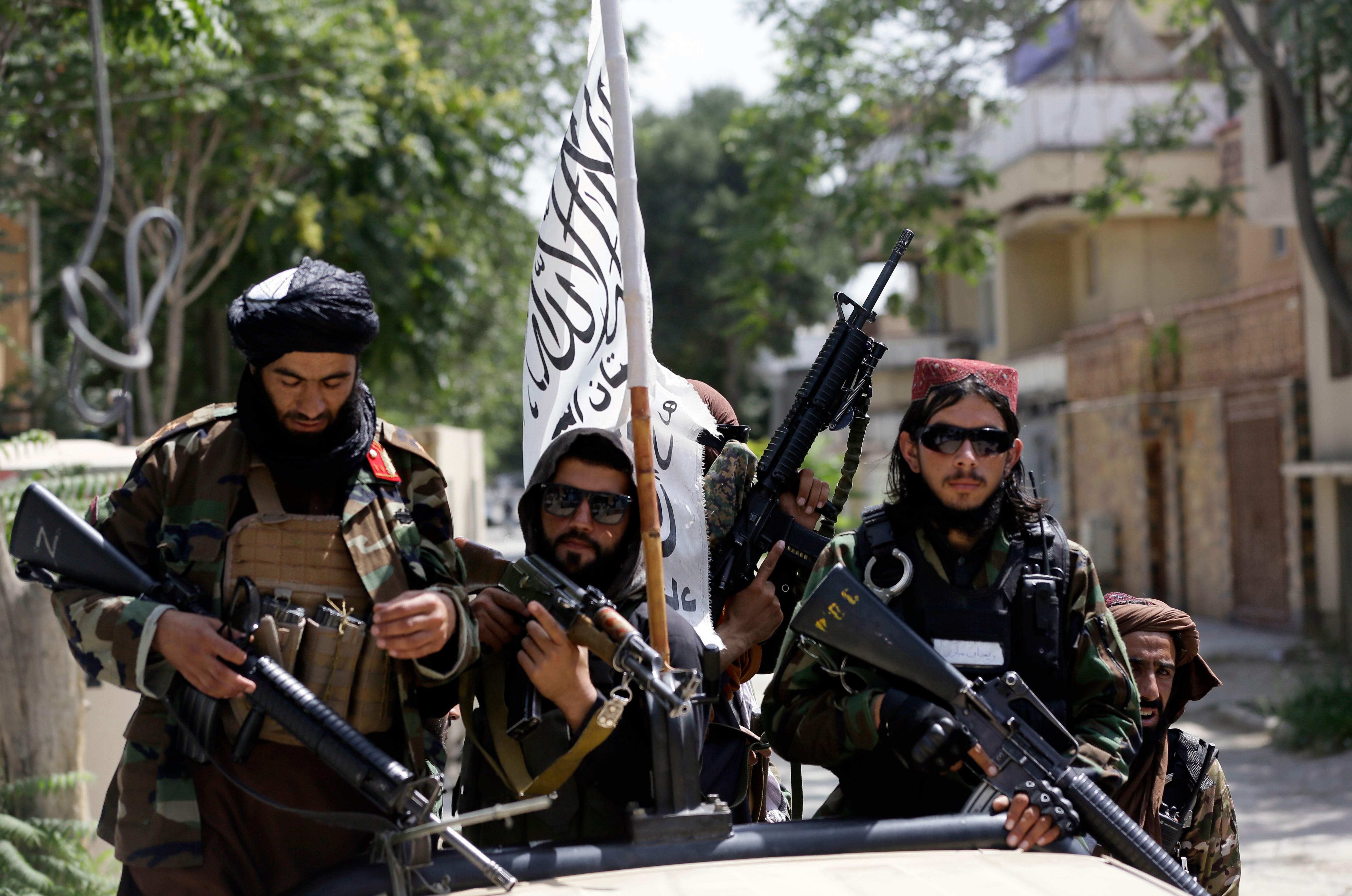The world must not look away as the Taliban sexually enslaves women and girls
The UN must now act decisively to prevent further atrocities against women in Afghanistan, writes Vrinda Narain

Since the withdrawal of American and Nato forces from Afghanistan in July, the Taliban has swiftly taken control of large parts of the country. The president has fled and the government has fallen.
Emboldened by its success, the lack of resistance by Afghan forces and minimal international pressure, the Taliban has intensified its violence. For Afghan women, its increasing power is terrifying.
In early July, Taliban leaders who took control of the provinces of Badakhshan and Takhar issued an order to local religious leaders to provide them with a list of girls over the age of 15 and widows under the age of 45 for “marriage” to Taliban fighters. It’s not yet known whether they complied.
If these forced marriages take place, women and girls will be taken to Waziristan in Pakistan to be re-educated and converted to “authentic Islam”.
This order has caused profound fear among women and their families living in these areas, forcing them to flee and join the ranks of internally displaced persons, adding to the humanitarian disaster unfolding in Afghanistan. In the past three months alone, 900,000 people have been displaced.
Reminiscent of brutal Taliban rule
This Taliban directive serves as a stark warning of what lies ahead, and a harsh reminder of the group’s brutal 1996-2001 regime, during which women were subjected to persistent human rights violations, denied employment and education, forced to wear the burqa and forbidden from leaving home without a male guardian, or mahram.
Despite claiming to have changed its stance on women’s rights, the Taliban’s actions and latest efforts to commit thousands of women to sexual slavery demonstrate quite the opposite.
Furthermore, the Taliban has signalled its intention to deny girls education past the age of 12, to ban women from employment, and to reinstate the law requiring women to be accompanied by a guardian.
The gains made by Afghan women over the past 20 years, particularly in education, employment and political participation, are under grave threat.
As part of a comprehensive approach to seeking sustainable peace, there must be no impunity for acts of sexual violence
Offering “wives” is a strategy aimed at luring militants to join the Taliban. This is sexual enslavement, not marriage, and forcing women into sexual slavery under the guise of marriage is both a war crime and a crime against humanity. Article 27 of the Geneva Convention states: “Women must be especially protected against any attack on their honour, in particular against rape, enforced prostitution, or any other form of indecent assault.”
In 2008, the United Nations Security Council adopted Resolution 1820 declaring that “rape and other forms of sexual violence can constitute war crimes, crimes against humanity”. It recognises sexual violence as a tactic of war intended to humiliate, dominate and instil fear in civilian members of the community.
How to fight back
The UN must now act decisively to prevent further atrocities against women in Afghanistan.
I propose four policy actions for the international community to bring about sustainable peace. They’re guided by Resolution 1820, which underscores the importance of including women as equal participants in the peace process and condemns all forms of gendered violence against civilians in armed conflict.
- Calling for an immediate ceasefire to ensure the peace process can proceed in good faith.
- Ensuring that women’s rights – enshrined in Afghanistan’s constitution, national legislation and international law – are respected.
- Insisting that peace negotiations continue with the meaningful participation of Afghan women. Currently, there are only four female peace negotiators on the Afghan government’s team, and none on the Taliban’s.
- Lifting sanctions against the Taliban must be conditional on its commitment to upholding women’s rights. The European Union and the United States, currently the largest donors to Afghanistan, must make aid conditional upon women’s rights and their access to education and employment.
Women in Afghanistan and across the region would welcome efforts by the UN and the international community to ensure that survivors of sexual violence have equal protection under the law and equal access to justice.
As part of a comprehensive approach to seeking sustainable peace, justice and national reconciliation in Afghanistan, there must be no impunity for acts of sexual violence.
Vrinda Narain is an associate professor in the Faculty of Law, Centre for Human Rights and Legal Pluralism, Max Bell School of Public Policy, McGill University. This article first appeared on The Conversation
Join our commenting forum
Join thought-provoking conversations, follow other Independent readers and see their replies
Comments


Bookmark popover
Removed from bookmarks